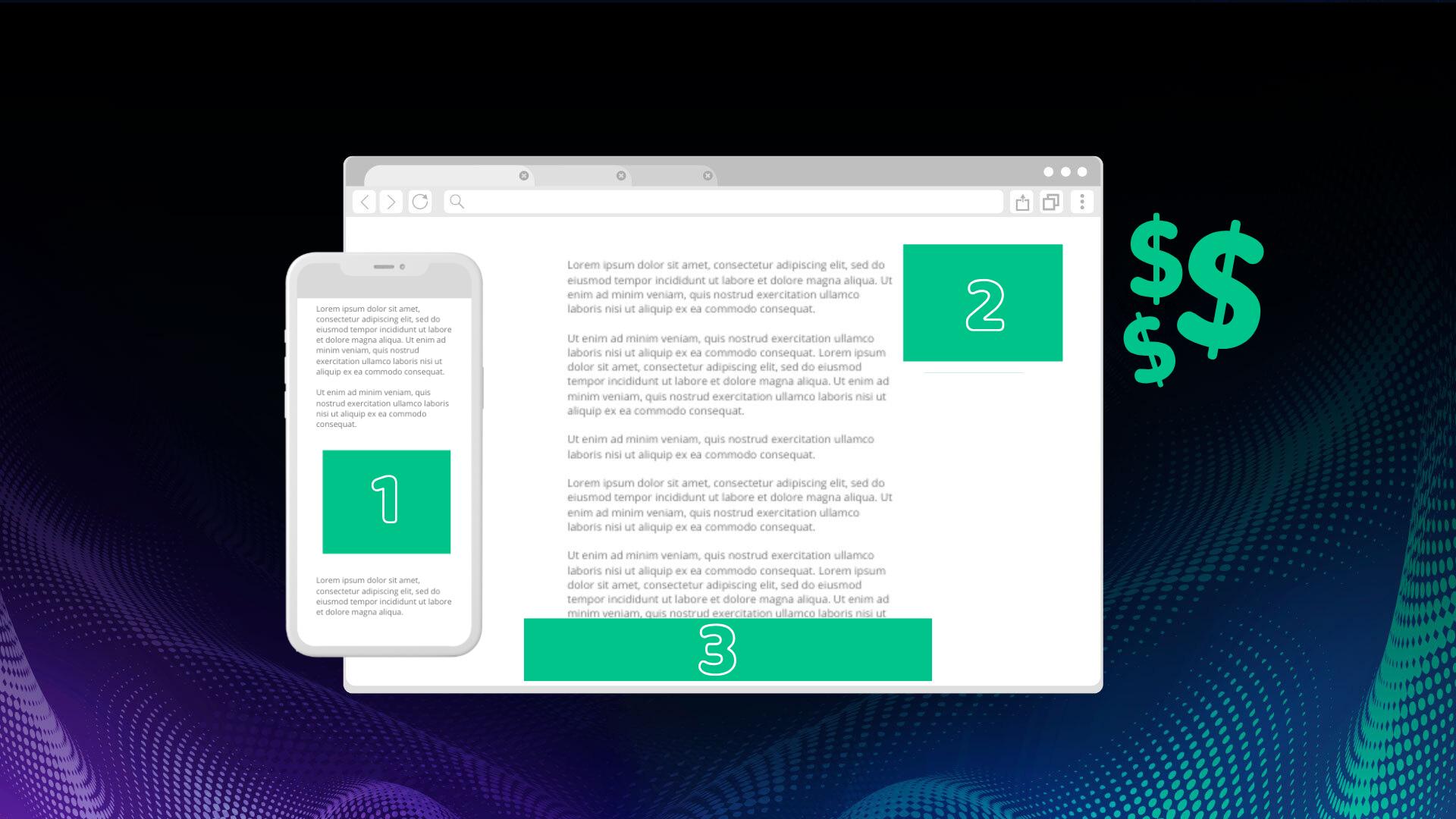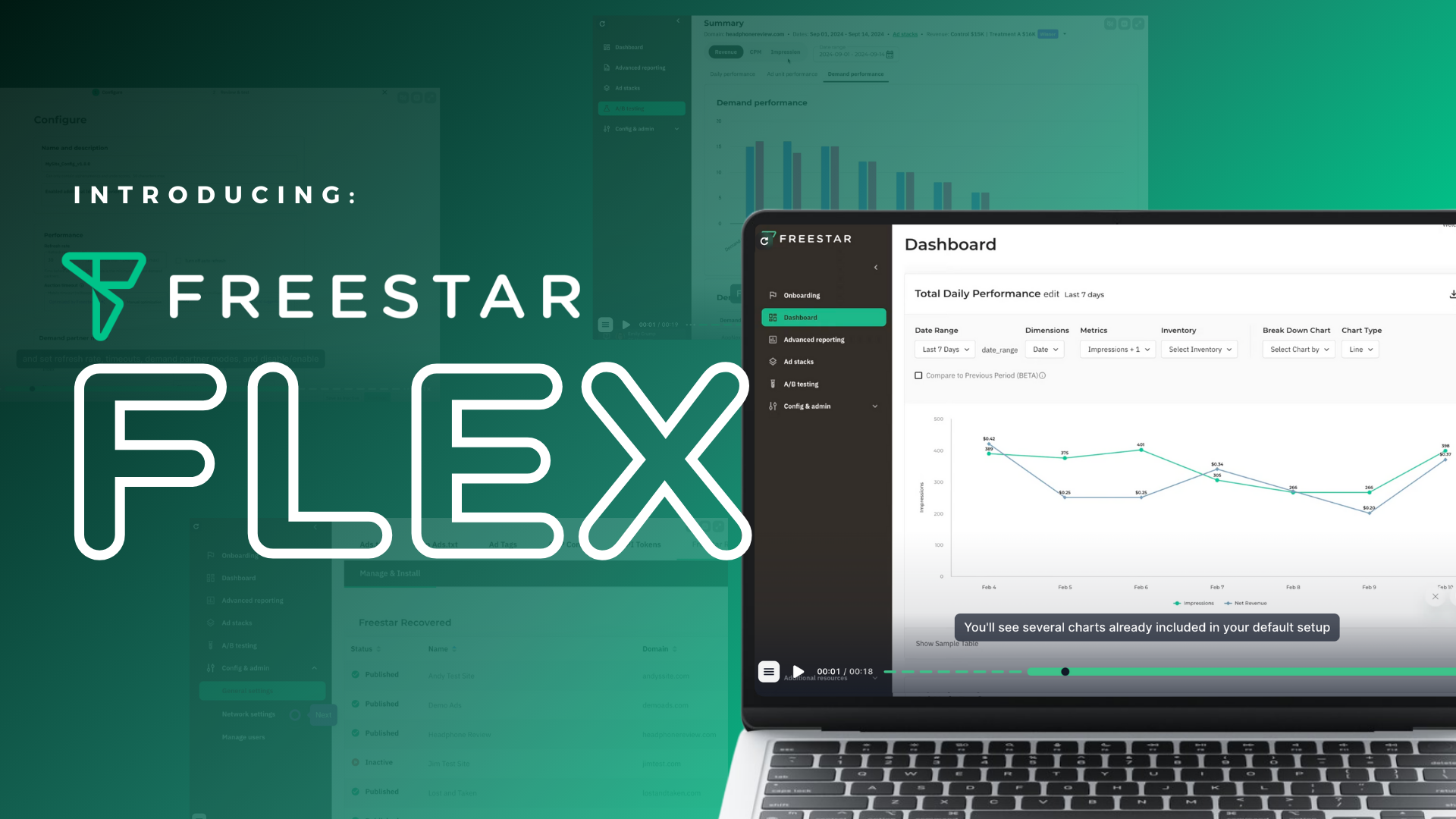By: Dominique Meara, Senior Account Manager
If you’ve never run ads on your site before or you’ve never worked in the ad tech space, you may not be familiar with what an ads.txt file is or how it could make or break your advertising experience. Over the years, I’ve come to learn the importance of an ads.txt file and how it is responsible for the revenue flow through advertisements on your site. Throughout this blog, I’ll walk you through the ins and outs of what that ads.txt file is and how we can ensure you’re capitalizing on your revenue.
What Is An Ads.txt File?
The adoption of ads.txt is aimed to increase transparency in programmatic advertising. The file is hosted by the publisher and contains references to each SSP you are working with. At Freestar, we work with many different ad networks and publishers, so we have built a universal file that will work for all of our publishers. As we consistently add new partners to our network, our team does a regular update of our ads.txt file to keep it up to date for our clients.
To make sure our publishers have the most current file in place, we have an automatic process that checks each site’s ads.txt file and compares it to our master file every week. If there are any discrepancies between the file in use and our master file, our publishers will receive an automated email informing them there is an update needed. From here, they will make any necessary changes on their end ensuring their file is up to date.
Why Is Implementing Ads.txt Necessary?
In short, ads.txt allows the networks to see that your site is set up correctly and eligible to bid on. Each of the networks will only buy ads on a publishers site if they see that ads.txt is set up and running on the latest version. Additionally, the networks use this file to approve and place your site on their allowlist, and in the occasion that a site does not have the correct ads.txt file in place, the networks have the ability to reject a site and no longer bid on their ad inventory.
In some cases, certain networks will require a unique ads.txt entry for your site based on if you have a blocklist in place. This is because they will use the ads.txt entry to ensure they are only serving ads on your site from their network based on your blocklist/allowlist. In the end, not only is your ads.txt file necessary to bring in revenue but it is also in place to help protect you against any ads you want blocked from running on your site.
Where Is The Ads.txt File Implemented?
The ads.txt file needs to be implemented at the root level domain. The networks are only able to read the file at the root level and will not recognize other variations. If you’re a publisher who has a series of subdomains, you want to list out those subdomains in the root domain ads.txt file to be sure that the networks are seeing them as well.
What if I don’t have an ads.txt file in place?
First and foremost, there will be a major impact if your site does not have an ads.txt file in place at all, but if it doesn’t have the most up to date version in place it will also be affected. A common concern is that implementing an ads.txt file will impact page load time, however, that is not the case. There is also no impact to page speed from how long or short the file is.
What we would like you to take away from this article is that having your ads.txt in place will ensure a full and complete demand stack. Additionally, many networks will reject your site if the file is not in place. Once your site has been approved, the networks will be scanning the live file to ensure a site matches their latest version. If the file doesn’t match, the network will not be able to recognize the opportunity to buy on your site, and therefore, will not be bidding on your ad inventory. Because of this, your site would be leaving an immense amount of revenue on the table from missing out on all applicable bids. Having your ads.txt file in place and up to date ensures your site is able to be recognized by all demand that is approved and interested.
All and all, having an ads.txt file properly implemented on your root domain will only assist you on your path to fully optimizing your site. If you have any further questions around ads.txt in general or for your site specifically, please feel free to reach out to your dedicated Account Manager. If you’re not currently a Freestar client and have any further questions, please reach out to marketing@freestar.com.





